

Addressing the Challenges of an Enduring Pandemic Through Academic Research
From remote leadership headaches and global supply chain disruptions to COVID-19 vaccine side effects and antibody responses, UToledo tackled pandemic-related issues to give families, managers and physicians tools to improve their daily lives and work.
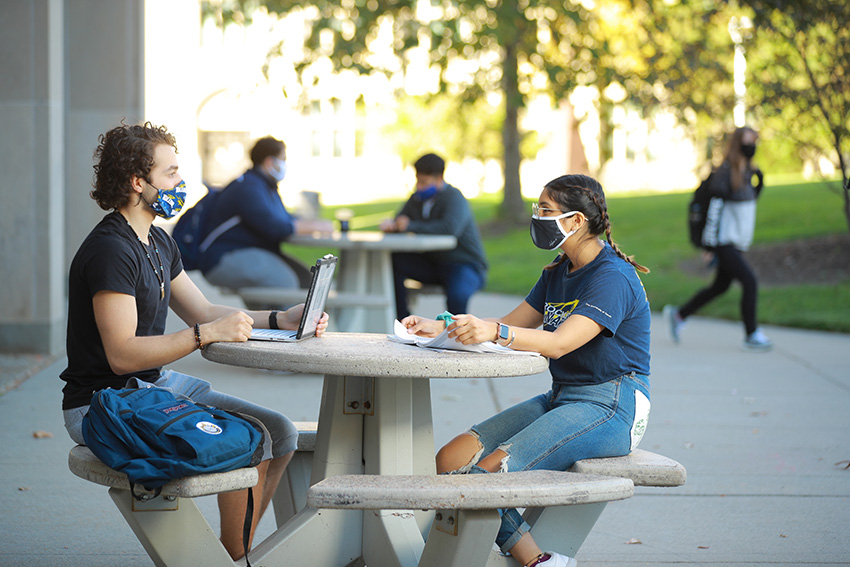
Nausea. Chills. Fatigue. Headache. Your expectations about those uncomfortable side effects from the COVID-19 vaccine are directly correlated to how you actually respond to the shot, according to research by Andrew Geers, Ph.D., professor of psychology.
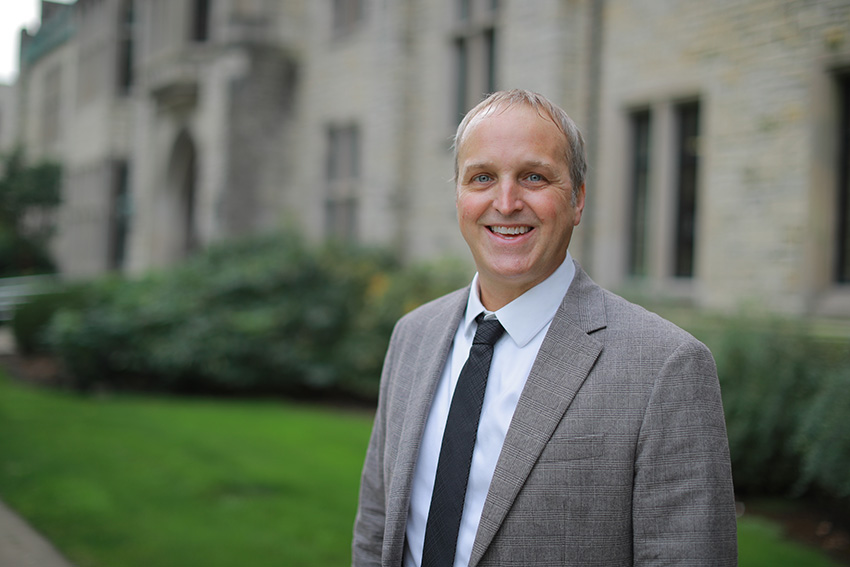
Individuals with higher levels of emotional intelligence did better leading remotely during the COVID-19 crisis. The leadership research by Jenell Wittmer, Ph.D., an industrial and organizational psychologist, and Margaret Hopkins, Ph.D., professor of management, showed those bosses provided strong communication, support, engagement and direction to employees.
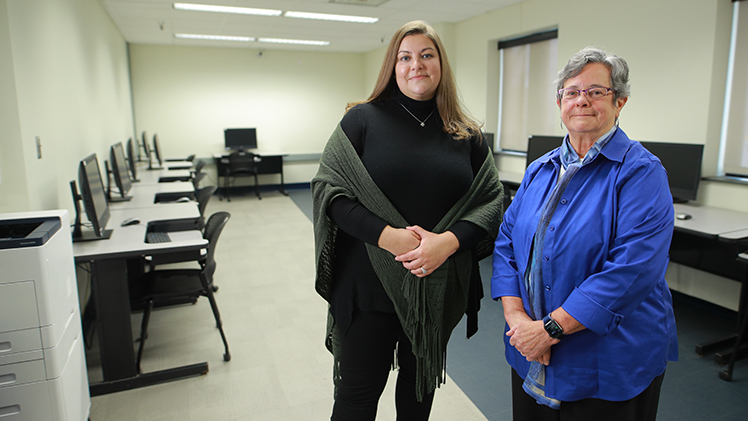
Why do some immunosuppressed patients develop a robust antibody response, but others develop no response at all? Research by Stanislaw Stepkowski, Ph.D., a transplant immunologist, and Michael Rees, M.D., transplant surgeon, suggest the answer lies with the specific types of antibodies being produced after vaccination.


Hypertension expert Bina Joe, Ph.D., Distinguished University Professor and chair of the Department of Physiology and Pharmacology, is using CRISPR gene-editing technology to better understand why high blood pressure is a key risk factor for serious illness with COVID-19.
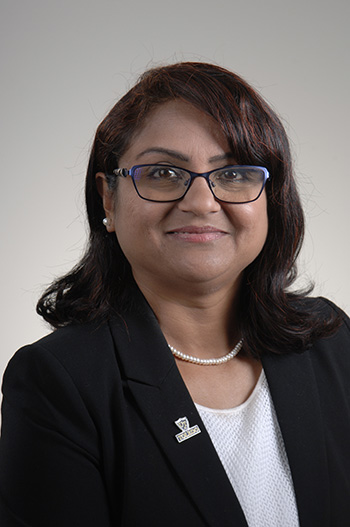
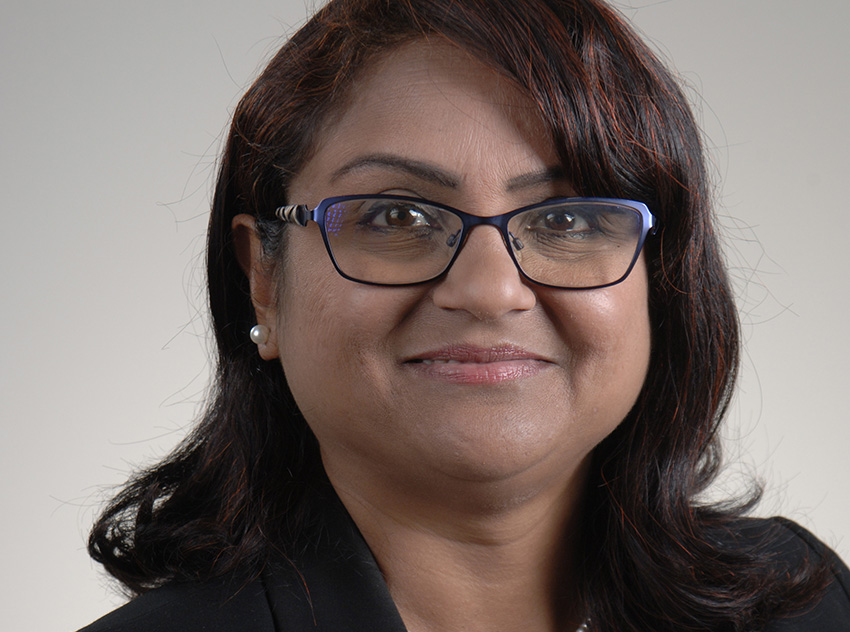
After the initial panic buying that cleared store shelves at the beginning of the pandemic, supply chain issues continue due to labor and materials shortages. And the disruptions will not resolve quickly, Paul Hong, Ph.D., global supply chain management expert, explains in The Hill.
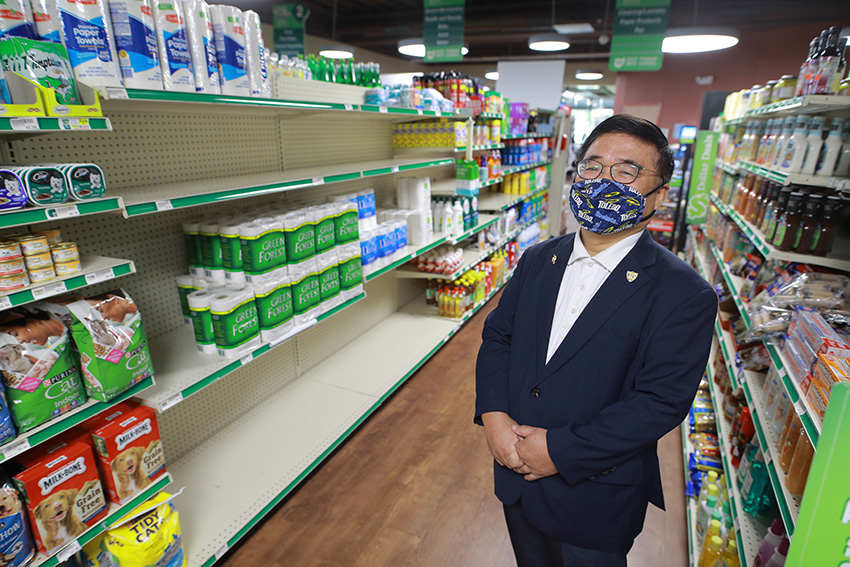
Early in the pandemic, Muhammad Aziz, M.D., then chief internal medicine resident at UToledo, identified loss of taste as an early symptom of COVID-19 in individuals with minor illness.

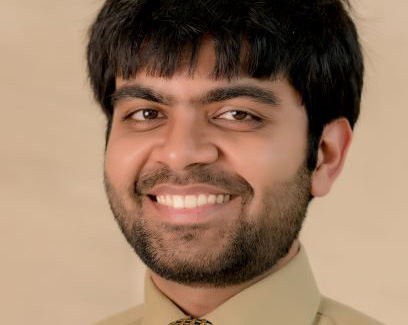
The University of Toledo Medical was one of the first hospitals in the country to participate in a national COVID-19 drug study led locally by Michael Ellis, M.D., an infectious disease specialist and chief medical officer at UTMC, to screen out ineffective experimental treatments and advance therapeutics that benefit hospitalized COVID-19 patients.
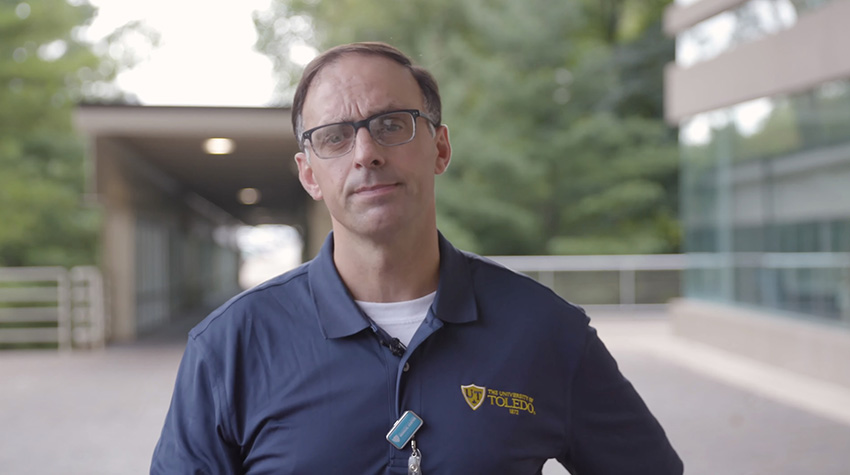
Leveraging spatial analysis in conjunction with epidemiological data, doctoral students Kimberly Panozzo and Ishfaq Rahman created a map that forecasts COVID-19 cases to better understand how the virus spreads and improve our ability to respond.
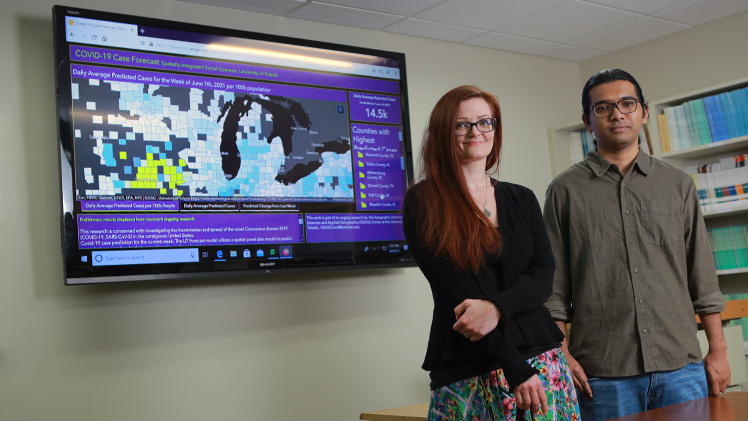
Precise predictive models developed by doctoral students Mohammadreza Nemati and Jamal Ansary are able to forecast with 70% accuracy the recovery time of hospitalized COVID-19 patients based on their age and sex.
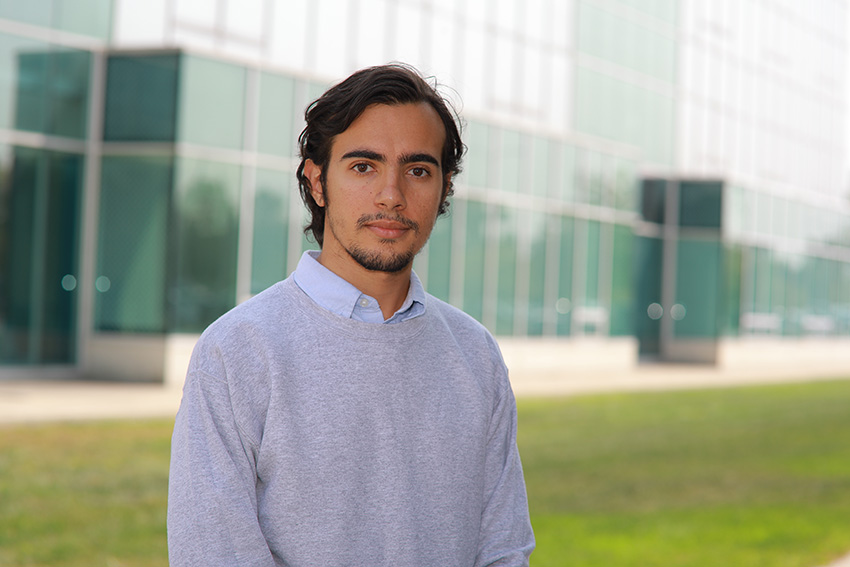
Research from Khalid Changal, M.D., a cardiology fellow in the UToledo College of Medicine and Life Sciences, shows how COVID-19 impacts the electrical system of the heart and causes inflammation.
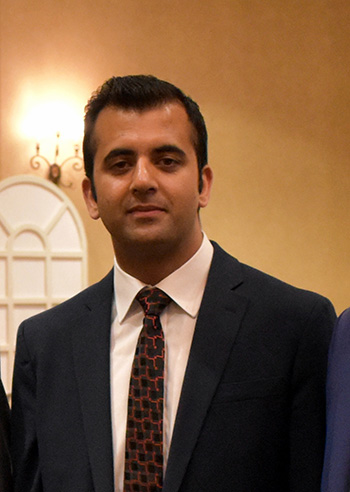
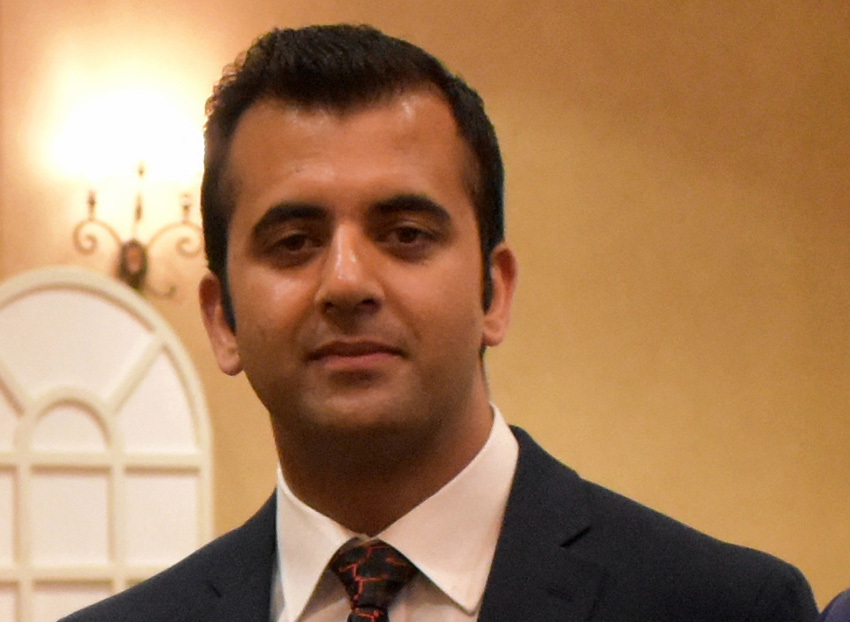
Learn More
- WTOL 11: Mindset Impacts Side Effects From the COVID-19 Vaccines, UToledo Research Shows
- NBC 24: Expectations Can Impact Side Effects of COVID-19 Vaccine
- 13 ABC: Your Expectations Could Shape Your Odds for Vaccine Side Effects
- Miami Herald: Worried about COVID Vaccine Side Effects? Thinking About It Raises Chance You Feel Them
- Prone Positioning Improves Survival in Hospitalized COVID Patients, UToledo Study Confirms
- College of Medicine and Life Sciences Researchers Set Focus to COVID-19
- Mashable: Leaders With Higher Emotional Intelligence Were Better At Remote Management
- Pandemic-Induced Mental Distress Higher Among Those With Disabilities, UToledo Study Finds
- WTOL 11: University of Toledo Students Create Predictive Model for COVID-19 Hospital Stays
- The Blade: Pandemic hasn’t curtailed crime of human trafficking
- 13 ABC: UTMC patients part of national study on COVID drugs
- WTOL 11: University of Toledo Medical Center takes part in national drug study for COVID-19